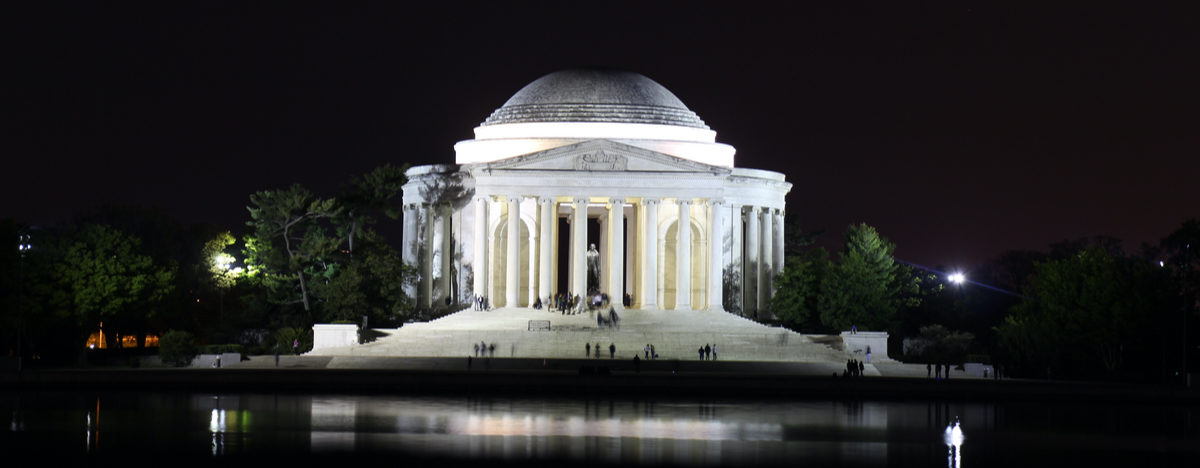
Simms v. U.S.: On the Pre-Trial Presumption of Prosecutorial Vindictiveness
David Simms was charged with possession of marijuana. On the day of his scheduled trial, the government announced that it was ready to proceed on the charge. Defense counsel stated it was still awaiting discovery on a few matters and, after passing the matter a couple of times, the court eventually postponed the trial so that the discovery issues could be resolved. Four days later, after informing defense counsel that it would not be able to provide the requested discovery, the government amended the complaint against Simms to include a new charge: assault on a police officer.
Was the government acting vindictively? Specifically, was the government’s addition of the new charge an effort to punish Simms for exercising his right to seek additional discovery through compulsory process?
In an opinion issued earlier this week, Simms v. United States, 41 A.3d 482 (D.C. 2012), the D.C. Court of Appeals concluded that the trial court should not have summarily denied Simms’ pre-trial motion to dismiss the case on the grounds of prosecutorial vindictiveness.
The government does have extraordinary discretion in deciding which charges to bring and when: “We acknowledge that pre-trial litigation is by its very nature fluid, that jockeying for advantage is the norm in our adversarial system, and that the government may reasonably re-assess its case in the lead-up to trial.”
At the same time, to punish a person because he has done what the law plainly allows him to do – in this case, to seek additional discovery through the exercise of compulsory process — “is a due process violation of the most basic sort.” Due process “also requires that a defendant be freed from apprehension of such a retaliatory motivation on the part of the prosecutor.”
How should the trial court – in this case, Judge Harold Cushenberry, Jr. – have handled the defendant’s motion to dismiss?
The defendant has the initial burden of demonstrating that there is a “reasonable likelihood of vindictiveness. This is, the Court held, a “low hurdle” that can be overcome with a demonstration of “an accumulation of circumstances.” No direct evidence of retaliatory intent required. As in this case, prima facie evidence of such retaliatory intent could be actions taken by the prosecution against the defendant after the defendant has exercised a protected statutory or constitutional right.
Once the defendant satisfies this initial burden, the government should then be given the opportunity to “answer or explain the allegations.” In determining whether the government has successfully rebutted the presumption, the trial court should consider “the nature of the case; status of the case, including the fact that a prosecutor should have broader leeway to add charges before an initial trial than in case where a defendant is being tried a second time; the nature of the right involved as to which vindictiveness is alleged; and the nature of the harm involved, including the length of potential incarceration.”
Applying that framework to this case, the Court cited a number of different factors in concluding that the trial court erred by failing to give Simms the benefit of the pretrial presumption of vindictiveness. The Court noted, for example, that the government knew from the very day of Simms’ arrest that there were facts that potentially supported the charge of assault on a police officer of assault in addition to the possession of marijuana charge. Why then did the government wait until after the court continued the first trial date in order to bring the assault charge?
The Court pointed out that the government left the charges undisturbed for four months prior to the first trial date and then moved to amend the complaint within four days of Simms having raised the discovery issue. It also noted that there was no indication on the record that Simms had ever been offered a plea bargain, “much less that the amendment was the reasonably anticipated outcome of failed plea negotiations.”
Finally, the Court stressed that, while the government “retains broad discretion to modify its case and augment the charges against a defendant” prior to trial, once the prosecutor announces to the court on the day of trial that it is ready to proceed with trial, as in this case, that announcement is a “clear signal that it believes that the back-and-forth of pretrial litigation is over.” Since that announcement suggests that the government’s “thoughts about its case” have “crystallized,” any amendments to the government’s case after this point can be viewed with some suspicion, particularly when the government’s actions come within four days of the defendant asserting some statutorily or constitutionally protected right.
Holding that Simms should have been given the benefit of the pre-trial presumption on prosecutorial vindictiveness, the Court remanded the case to the trial court so that the government can be given the opportunity to explain its actions. Failing an adequate explanation, the trial court was ordered to vacate Simm’s conviction for assaulting a police officer and to dismiss the charge.
